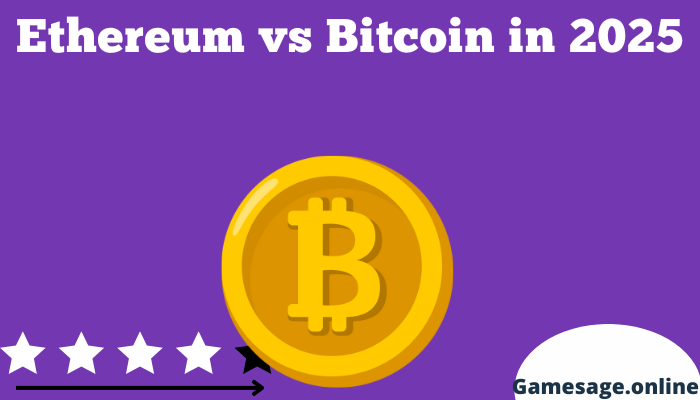Quick Overview:
- Bitcoin is often called digital gold, while Ethereum is a decentralized app platform
- Bitcoin has a capped supply; Ethereum has a flexible monetary policy with recent deflationary trends
- Ethereum supports smart contracts and a growing DeFi ecosystem
- Both have large, active communities and developer support
- Choosing between them depends on your risk tolerance and investment horizon
The Origin and Purpose
Bitcoin, created in 2009 by the pseudonymous Satoshi Nakamoto, was designed as a peer-to-peer digital cash system. It aims to provide a decentralized, censorship-resistant store of value and medium of exchange. Bitcoin’s key innovation was the blockchain, a distributed ledger securing transactions without a central authority.
Ethereum, launched in 2015 by Vitalik Buterin and co-founders, expanded the blockchain concept by introducing programmable smart contracts. This enabled decentralized applications (dApps), decentralized finance (DeFi), and non-fungible tokens (NFTs), revolutionizing how blockchain technology could be used beyond simple payments.
Monetary Policy and Supply
Bitcoin has a hard cap of 21 million coins, making it deflationary by design. Its issuance halves approximately every four years, reducing new supply and increasing scarcity. The 2024 halving further tightened Bitcoin’s supply, influencing upward price pressure.
Ethereum’s monetary policy has evolved. Initially inflationary, Ethereum implemented EIP-1559 in 2021, burning a portion of transaction fees. Following the 2022 Merge upgrade, Ethereum transitioned to proof-of-stake (PoS), drastically reducing issuance and pushing ETH towards deflation. While ETH has no fixed cap yet, many believe it will behave as a deflationary asset in the coming years.
Use Cases and Ecosystem
Bitcoin’s primary use case remains as a store of value, often referred to as “digital gold.” It’s trusted for its security, decentralization, and wide acceptance as a hedge against inflation.
Ethereum powers a vast ecosystem of dApps, from decentralized exchanges and lending platforms to gaming and NFTs. Its smart contract functionality allows for programmable money and complex logic, making it a platform for innovation in finance and technology.
Network Security and Scalability
Bitcoin’s security is unparalleled, with the highest hash rate and longest track record of decentralization. Its proof-of-work consensus ensures robust defense against attacks.
Ethereum’s transition to PoS improved energy efficiency and scalability. The introduction of shard chains and Layer 2 solutions like rollups promise to increase throughput while maintaining security.
Investment Considerations
Bitcoin appeals to conservative investors seeking stability and long-term wealth preservation. Its scarcity and brand recognition offer a solid foundation for portfolio diversification.
Ethereum suits investors looking for growth and exposure to the rapidly evolving DeFi and NFT sectors. However, ETH comes with more technical and regulatory risks due to its complexity.
Regulatory Landscape in 2025
Bitcoin is largely accepted globally with clear regulatory frameworks emerging, particularly around taxation and anti-money laundering.
Ethereum’s regulatory status is evolving due to its DeFi applications and token standards, sometimes facing scrutiny from financial authorities. Investors should stay informed about changing laws.
Community and Development Activity
Both projects have large, active communities driving ongoing development. Bitcoin development focuses on security and stability, while Ethereum’s community innovates with new protocols and upgrades.
Conclusion: Which Should You Choose?
Your choice depends on your goals. For long-term wealth preservation and security, Bitcoin is unmatched. For exposure to innovation and programmable finance, Ethereum offers high potential rewards with higher risk.
Diversifying between both cryptocurrencies is a common strategy for balanced growth and risk management in 2025.
➡️ For real-time tools and converters for BTC and ETH, visit our Crypto Toolkit.

